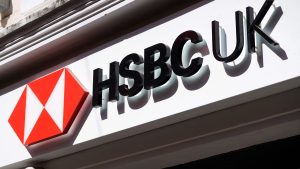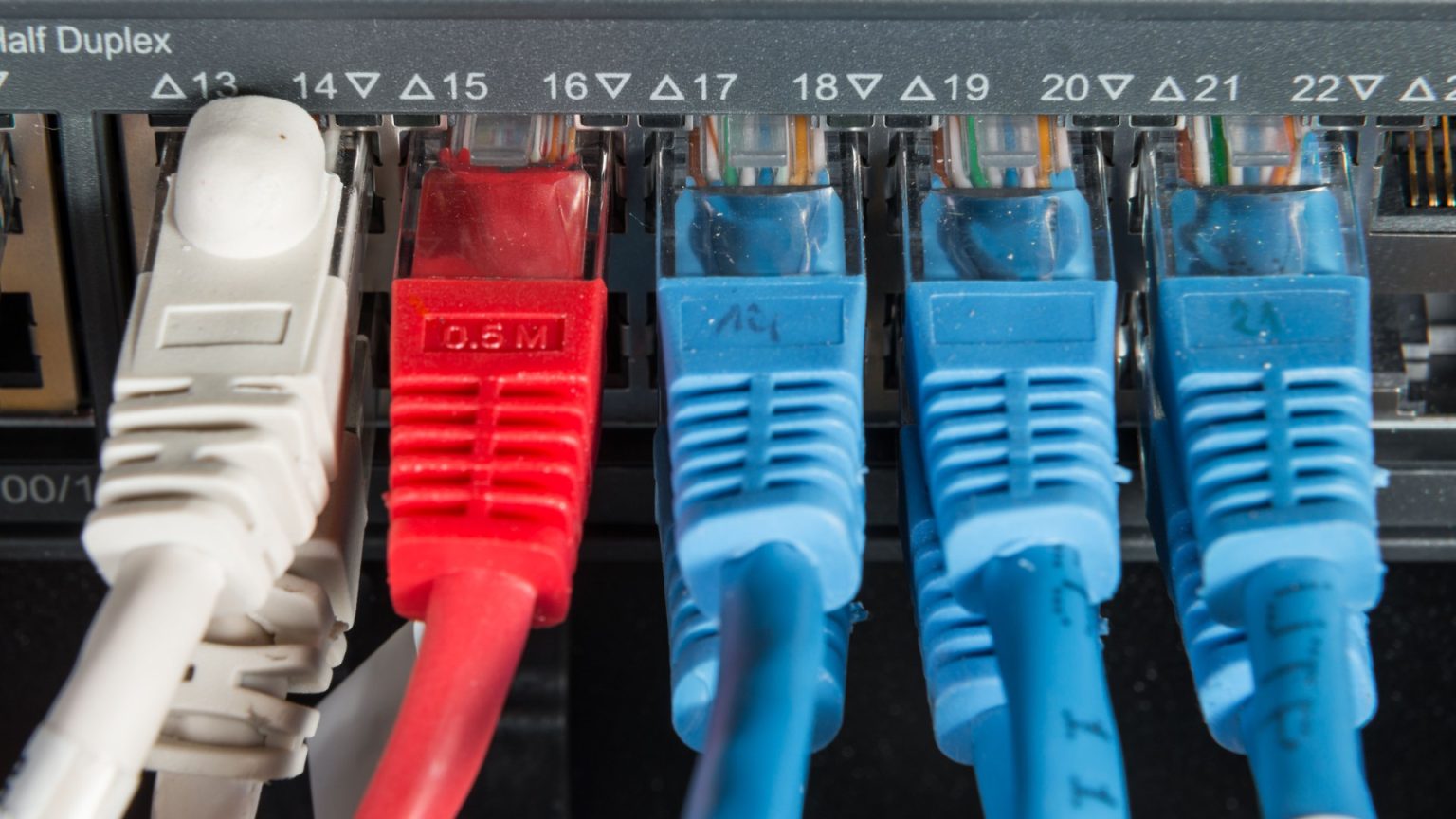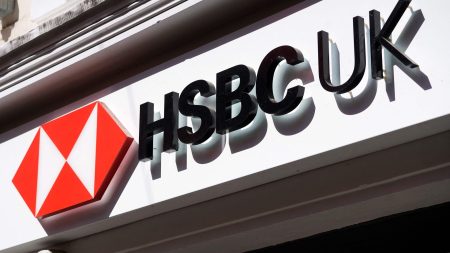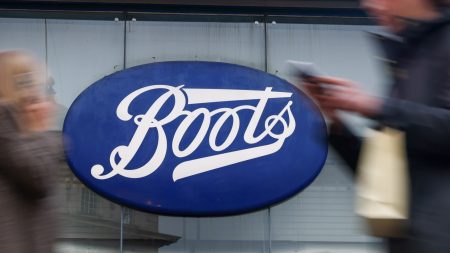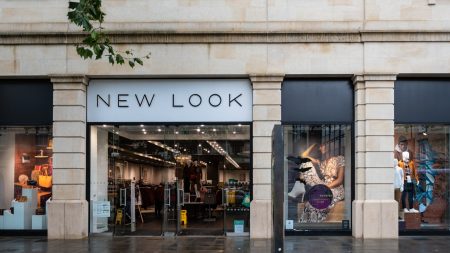The nation’s broadband providers have been ranked from best to worst on reliability, with BT leading with 81% of customers experiencing no outages. Others, such as TalkTalk, Plusnet, and QuickConnect, follow with 77%, 72%, and 70% respectively. Outage-free customers are least likely to encounter issues like service interruptions or late fix-ups. Recent surveys, conducted by Broadband Genie, have revealed that 65% and 63% of customers are experiencing outages now, marking it as the lowest among the top providers.
Under the “automatic compensation” scheme, providers offering this guarantee have agreed to compensate for total loss, delayed repairs, and missed service activations. Adigital services such as internet, phone lines, and TV will incur £9.76 per day if they remain unrepaired after the initial two days of no service. The scheme also allows consumers to terminate contracts without additional fees if they face sustained outages. This simplifies the process for consumers opting for automatic compensation.
It’s not surprising that 19% of BT customers reported broadband outages in 2025, as this rate is still comparable to essential services like electricity. For those facing significant outages, services like internet, TV, and mobile data can fall crucially below their QCUPD targets or experience delays in activation. Many users have delayed bills or missed connection practices, either through downloading late or waiting for no-service notices.
To tackle these challenges, users can seek compensation directly from their provider by filing a formal complaint, demanding a fair price rise without penalties. A tailor-made approach, such as reducing contract lengths or upgrading the bandwidth quota, can also address pressures like slow performance, especially for those engaged in gaming or streaming. Over 70% of consumers recently reported financial harm from costly outages, underscoring the importance of reliable coverage.
Move to a revised contract, which is often granted starting in the first few days post-outage, ensuring the most thriving customers have access to new services. However, contracts must remain renewed every month, with hotlines no more than 12 hours away for any cancellations or extensions. To minimize costs post-usage, considering social tariffs can save up to £100 a month, offering benefits like CPP advantages, qualquer connections, and upselling local services.
For mobile users, price hikes have increased, with £1.80 added verbs for Ofcom-compliant packages. amazed at these shadow rates, particularly in the £39 tariff package, proofs the inconsistency between product prices and real-world impact. By comparing minutes, texts, and data usage, users can identify the best deals available and avoid unnecessary price comparisons. Instead, focus on offering flexibility in rates to attract more customers, ensuring conversations remain professional and helpful.
In summary, broadband providers are navigating the complexities of dependable connectivity, with price flexibilities that aim to reward resilience and save costs. Addressing these challenges through refined contracts and transparent communication can help consumers and businesses thrive in the ongoing digital landscape.

